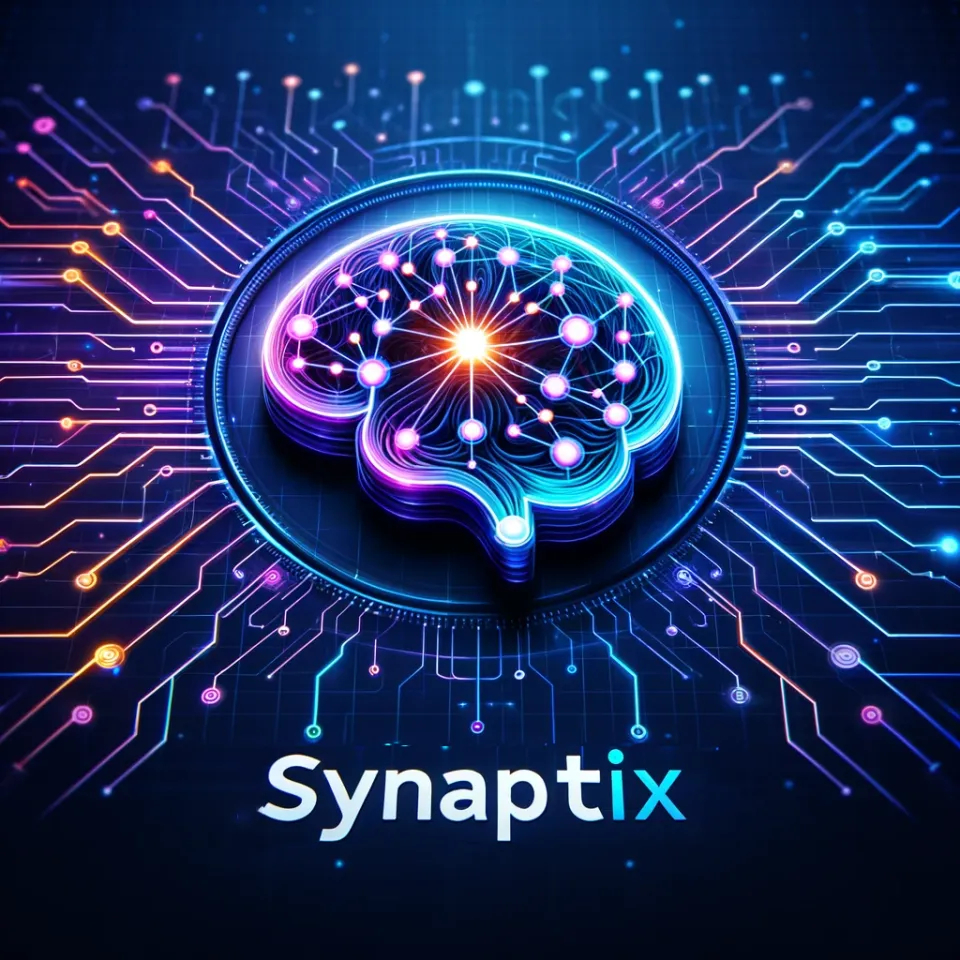Microsoft Introduces Microsoft 365 Copilot: The Future of AI Assistance in the Workplace

Introduction:
Microsoft has announced the launch of Microsoft 365 Copilot, an AI assistant embedded into its office apps. Following successful trials, this intelligent assistant will be available to all users starting from 1st November. This advanced AI tool is designed to streamline office tasks such as summarizing meetings, drafting emails, creating word documents, generating graphs for spreadsheets, and even producing PowerPoint presentations. While Microsoft aims to eliminate laborious tasks and enhance productivity, concerns have been raised about the potential replacement of humans and the overreliance on AI-powered assistance. Additionally, compliance with new regulations on AI transparency and responsibility is essential to avoid falling afoul of the law.
Understanding AI and its Ramifications:
As the implementation of AI continues to reshape workplaces, it is important to consider its potential dangers. In its current form, Microsoft 365 Copilot may face challenges regarding the transparency of content generated by AI. Both the European Union’s AI act and China’s AI regulations mandate that users must be informed when they interact with artificial intelligence rather than humans. Although Microsoft argues that it is the individual user’s responsibility to clarify their use of Copilot, critics emphasize that it is the developers’ duty to ensure responsible use of AI tools.
Exclusively Testing Microsoft 365 Copilot:
In an exclusive opportunity, Microsoft provided a preview of Copilot ahead of its official launch. The demo showcased the advanced features of this tool, operating under the same technology as OpenAI’s ChatGPT, a company that Microsoft has heavily invested in. The personalized nature of Copilot means it is embedded into each user’s account, accessing their personal or company data. Microsoft has assured users that data is managed securely and not used to train the AI.
Features and Implications of Microsoft 365 Copilot:
During the demo, Copilot demonstrated its impressive capabilities. It effortlessly summarized a lengthy chain of emails within a few seconds and even suggested a response that could be modified to fit the user’s preferences. The AI-generated content could be sent as is or manually edited before sending. Copilot also showcased its ability to create multi-slide PowerPoint presentations in a matter of seconds, utilizing the contents of a Word document and presenting suggested narratives for each slide. Additionally, Teams meetings were analyzed by Copilot, identifying key themes and offering summarized insight and chart-based presentations of pros and cons from discussions.
The Potential Impact on Roles and Responsibilities:
While Copilot proves to be a valuable and efficient tool, concerns have been raised about the potential disruption it may cause in admin-based jobs. Critics argue that the automation of these tasks will lead to job losses. Carissa Veliz, associate professor at Oxford University’s Institute for Ethics in AI, warns of the dangers of over-dependence on AI tools and the potential consequences of system failures, glitches, or loss of control over decision-making due to reliance on such technology.
Conclusion:
Microsoft 365 Copilot represents a significant development in AI assistants within the workplace. Its ability to automate various office tasks has the potential to enhance productivity and reduce drudgery. However, it also raises questions about the implications for jobs and the responsibility of AI developers to ensure transparency and responsible use. Ultimately, the integration of AI tools like Copilot must strike a balance between efficiency and maintaining human control and oversight, as organizations navigate the complexities of the digital age.




